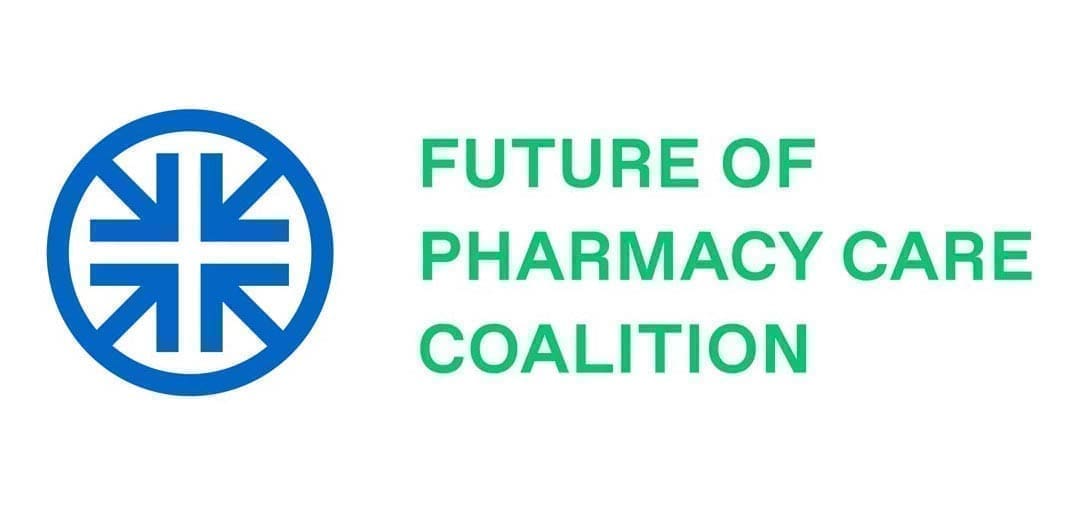
The National Association of Chain Drug Stores (NACDS) is calling attention to the following national press release issued today by the Future of Pharmacy Care Coalition, of which NACDS serves on the Executive Committee:
Senator John Thune (R-SD) and Senator Mark Warner (D-VA) this week introduced S. 2477, the Equitable Community Access to Pharmacist Services Act, bipartisan legislation that would ensure Medicare beneficiaries can continue to receive prompt care and services from pharmacists to prevent, test, and treat common infectious diseases. S. 2477 would establish Medicare Part B direct reimbursement for essential pharmacist services for COVID-19, influenza (flu), respiratory syncytial virus (RSV), and strep throat.
S.2477 is companion legislation to H.R. 1770, introduced in March 2023 in the U.S. House of Representatives by Congressman Adrian Smith (R-NE), Congressman Brad Schneider (D-IL), Congressman Larry Bucshon (R-IN), and Congresswoman Doris Matsui (D-CA), and pharmacist Members Earl L. “Buddy” Carter (R-GA) and Diana Harshbarger (R-TN). More than 55 bipartisan Members of Congress have cosponsored H.R. 1770, recognizing the urgent need to ensure seniors in rural and underserved communities across the country maintain access to pharmacist care. More than 190 organizations, including rural and senior advocacy groups, physician and provider groups, patient advocacy organizations, pharmacists, and health systems support the legislation.
S.2447 would ensure prompt and continued access to essential pharmacist services for seniors and rural communities, including:
- TESTING: COVID-19, Influenza, Respiratory Syncytial Virus (RSV), and Strep Throat
- TREATMENT: COVID-19, Influenza, and Strep Throat
- VACCINATION: COVID-19 and Influenza
“The Future of Pharmacy Care Coalition commends Senator Mark Warner (D-VA) and Senator John Thune (R-SD) for introducing S. 2477 and ensuring seniors maintain access to essential pharmacist services to protect their health – especially in rural America. S. 2477 would ensure older Americans can access essential services from pharmacists – all within existing scope of practice – improving patient outcomes and reducing hospitalizations and unnecessary costs across the health care system. If Congress doesn’t act with urgency to ensure coverage of pharmacist-provided testing, vaccination, and treatment services for common infectious diseases under Medicare, seniors may be left without access to these essential services.”
Future of Pharmacy Care Coalition members supporting the legislation include the American Pharmacists Association (APhA), American Society of Health-System Pharmacists (ASHP), Abbott, AmerisourceBergen, Cardinal Health, CVS Health, Good Neighbor Pharmacy, Health Mart, Kroger, McKesson, the National Association of Chain Drug Stores (NACDS), Walgreens, and Walmart.
“We commend Senator Warner for championing the introduction of the Equitable Community Access to Pharmacists Services Act. This visionary legislation represents a significant stride towards advancing healthcare access and services in Virginia. By acknowledging the pivotal role community pharmacists play in patient care, Senator Warner is paving the way for a transformative change that will greatly enhance access to essential healthcare services across our state,” stated Karen Winslow, PharmD, Interim Executive Director of the Virginia Pharmacy Association.
“We extend our heartfelt appreciation to Senator Thune for introducing the Equitable Community Access to Pharmacists Services Act. This groundbreaking legislation will make an incredible difference in increasing access to essential healthcare services provided by pharmacists across South Dakota. By recognizing the critical role pharmacists play in patient care and fostering collaboration with other healthcare providers, Senator Thune is paving the way for a healthier and more vibrant future for our communities,” stated Amanda Bacon, Executive Director of the South Dakota Pharmacists Association.
“Pharmacists are a vital part of the rural health care delivery system as many older adults in rural areas depend on their pharmacist to help manage multiple prescriptions and conditions. The Equitable Community Access to Pharmacist Services Act will remove barriers for older adults in rural areas to access essential pharmacist services related to respiratory illnesses, which tend to be more fatal for older populations. NRHA is proud to support this legislation to ensure rural communities maintain access to pharmacist services and care to help older adults manage their health,” stated Alan Morgan, CEO of the National Rural Health Association.
Amid the challenges of provider shortages and an overburdened health care system, pharmacists have proven they play a vital role to strengthen our nation’s public health, respond to current and future threats, and meet patients where they are no matter the circumstances.
- Pharmacists Are The First and Most Accessible Health Care Provider. Nine in 10 Americans live within 5 miles of a pharmacy, and patients visit their community pharmacist approximately twice as frequently as they visit primary care physicians.
- Pharmacists Keep Senior and Rural Communities Healthy. More than half of pharmacists (55%) work in a community-based setting and 77% of community pharmacies serve population areas of 50,000 or fewer. Pharmacists have delivered many of the 25 million COVID-19 vaccines received by rural Americans.
- Prompt Pharmacist Care Averted One Million Deaths and Hundreds of Billions in Costs. By conservative estimates, the 350 million clinical interventions to approximately 150 million people that pharmacists have provided during the pandemic averted over one million COVID-19 deaths, eight million hospitalizations, and $450 billion in health care costs.
The full text of S. 2447 can be found here.
The full text of H.R. 1770 can be found here.
About the Future of Pharmacy Care Coalition
The Future of Pharmacy Care Coalition comprises American healthcare companies and professional associations that together provide care for hundreds of millions of patients and represent pharmacists and community pharmacies of all sizes across the U.S.